
The People Beyond the Talking Points
Bennie Chang | 2025年5月31日
响应: Georgetown Students Reflect on Student Dialogue in Beijing and Hong Kong
Daniel Castro Bonilla
请注意:中英文网站上发表的教日志均为英文。
There is little certainty in international affairs. Without access to the inner deliberations of foreign leaders, states must make decisions based on limited information, often guessing at the intentions of others. Amid all this uncertainty, how can two powerful countries provide stability and security for their people?
One (dangerous) path is to compete for dominance. Another (more hopeful) way is to build a transparent, collaborative relationship rooted in trust. I joined the U.S.-China Student Dialogue because I believe in the latter approach, but visiting China and working with my Tsinghua University counterparts revealed just how difficult trust-building has become for our two countries.
After a long day at the Summer Palace in Beijing, we sat around a steaming pot of spicy Sichuan broth. In between bites, we traded ideas about our countries’ visions for the world—China’s “community with a shared future for all mankind” and America’s “free and open, rules-based order.” We listened closely, challenged each other’s assumptions, clarified misunderstandings, and conceded when critiques were fair. Ultimately, however, we struggled to find each other’s worldview compelling.
Did we believe our counterparts when they said China has acted responsibly within the liberal world order? That it doesn’t seek hegemony but hopes to usher in a more egalitarian system in which “the world belongs to all”? Did they believe us when we said the United States is not seeking to contain China, that Americans distinguish between the Communist Party and the Chinese people, and that we harbor no ill will toward the latter?
“How can I trust this?” That became the question looming over most of our dialogue. It is also a question present in the recent exchanges between our two governments. Increasingly, the answer appears to be a resounding “I can’t.”
When we finished our hot pot, we turned to our Chinese peers and said that, as a token of our gratitude for showing us around the Summer Palace, we would pay for dinner. In line with the warm hospitality we had experienced throughout our visit, the Chinese students firmly declined and insisted on covering the bill. A spirited back-and-forth followed until they finally relented. They had shared their city with us. We wanted to give something back. You help me, I help you.
Acts of kindness invite more kindness. While it doesn’t resolve everything, kindness may offer a foundation to stand on, especially when belief falters and politics fail.
Daniel Castro Bonilla (G’26) is a first-year graduate student in the Master of Science in Foreign Service program at Georgetown University's School of Foreign Service studying global politics and security.

Bennie Chang | 2025年5月31日

Isabella Stratta | 2025年5月31日
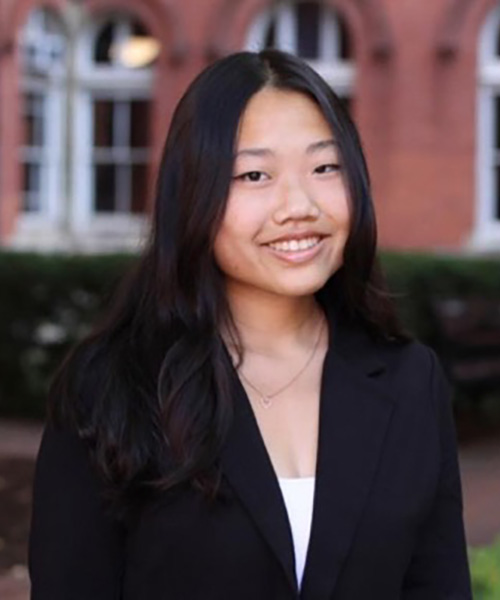
Maggie Yang | 2025年5月31日
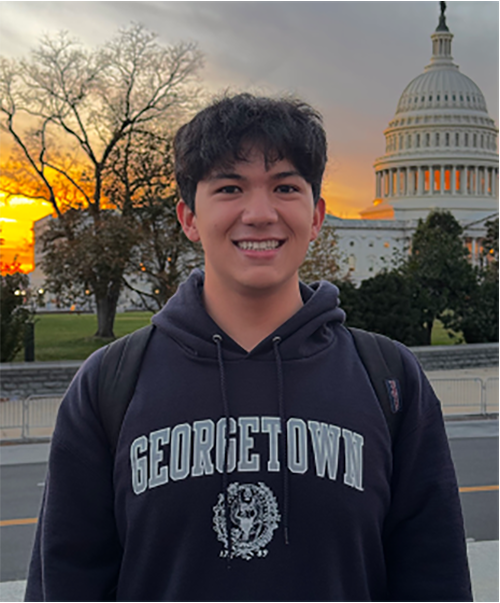
Patrick Coggin | 2025年5月31日
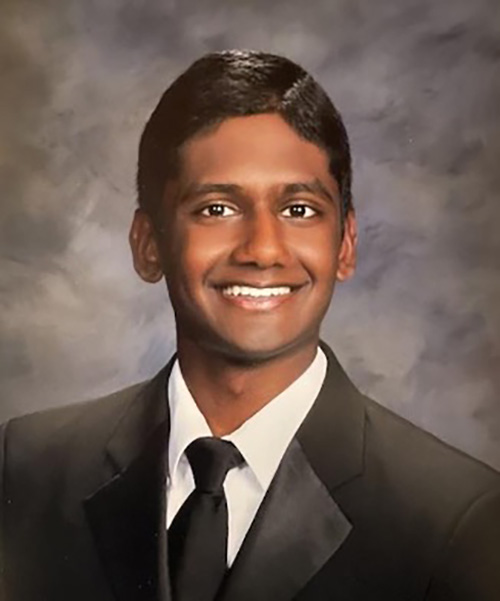
Raghav Akula | 2025年5月31日
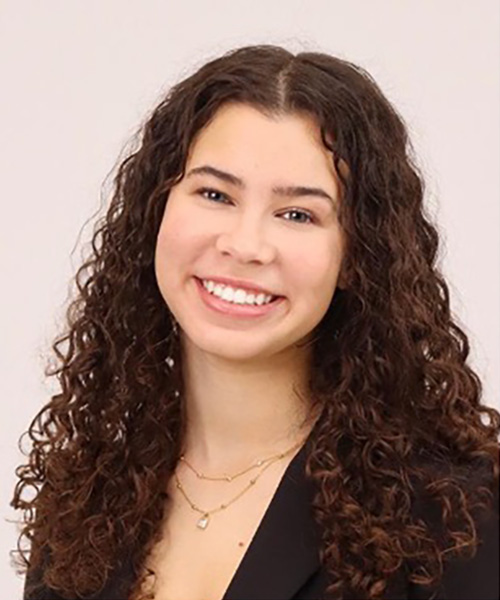
Tiffany Cowan | 2025年5月31日
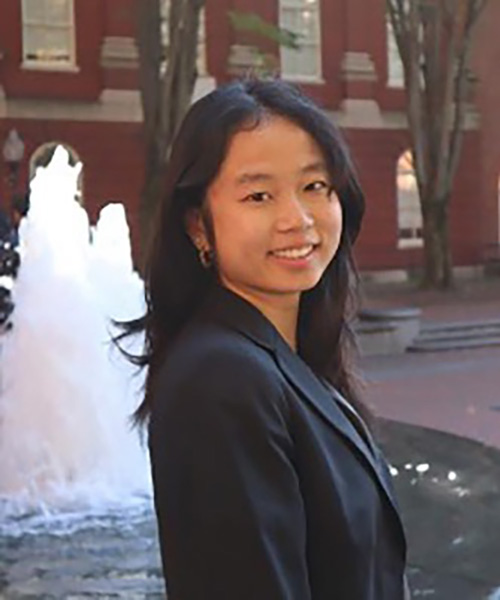
Zifei Zhao | 2025年5月31日

Drew Zacharias | 2025年5月31日
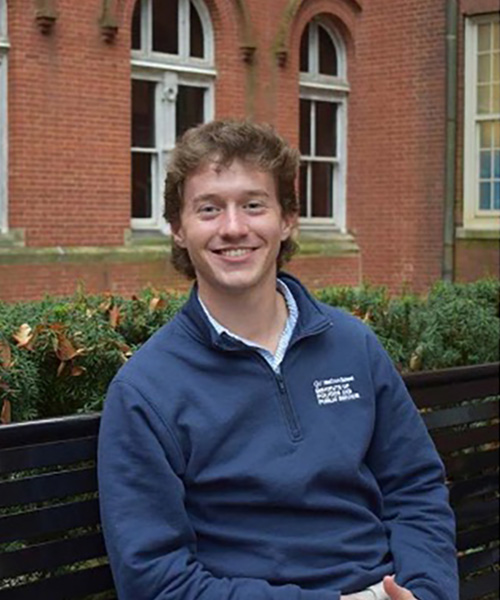
Luke Hughes | 2025年5月31日